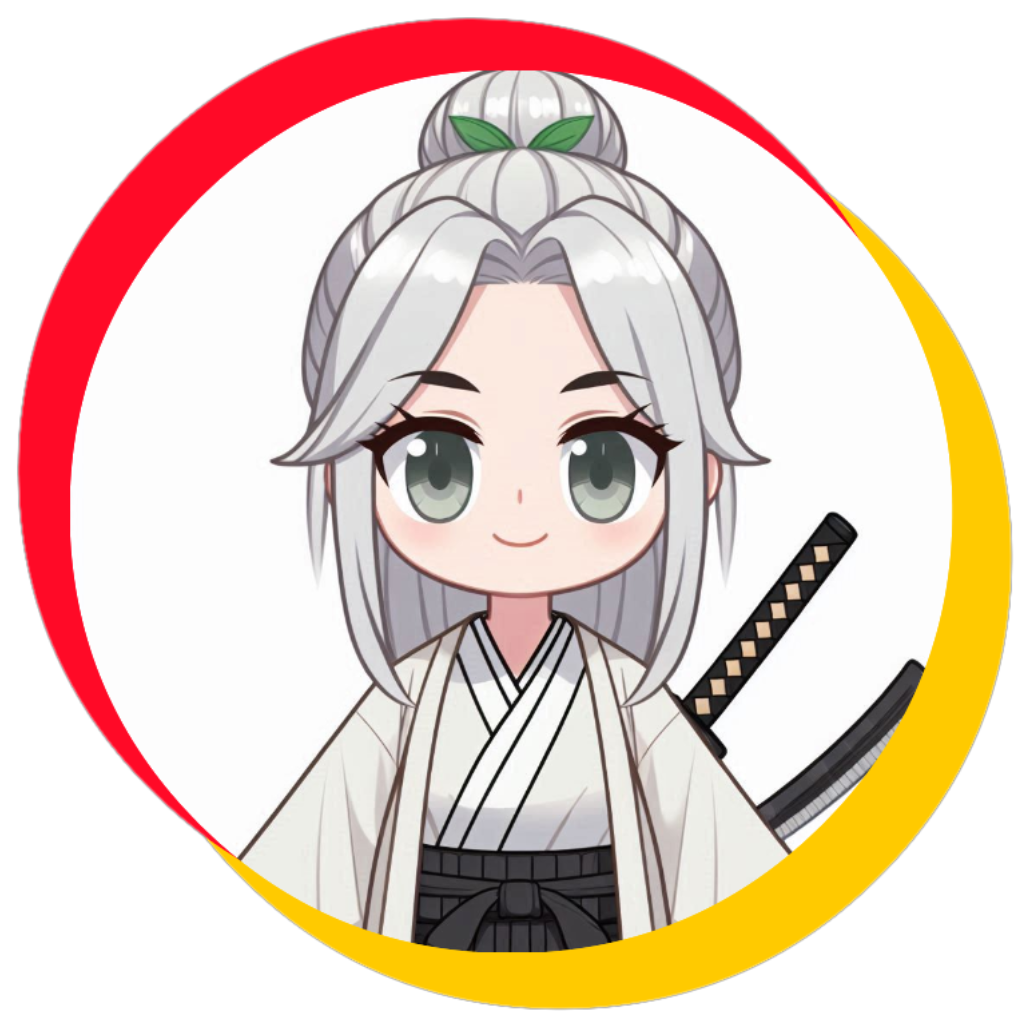Sōshiki (葬式) and Butsudan (仏壇): Remembering the departed in Japan
One of my favorite aunties passed away last week, and as I'm far away and not able to go to the funeral service I started thinking on how to best honor her passing. Then I remembered a funeral service I attended in Japan, and I wanted to share the thoughful way these things are done over there.
In Japan, death and remembrance reflect a blend of Shinto, Buddhism and local customs. Memorial services, or Sōshiki, play a crucial role in the remembrance process. These ceremonies can vary in scale but typically include chanting by Buddhist priests, offerings of flowers, incense, and food. Families often hold multiple memorial services on specific anniversaries, such as the 7th, 13th, and 33rd years after a person's death, to honor their memory.
Similar to us having a picture of our dear departed on a shelf, in many Japanese homes, a small altar called a butsudan is maintained to honor deceased family members. This altar serves as a daily reminder of those who have passed away, where families can offer prayers, light incense, and display photographs. It symbolizes the ongoing connection between the living and the dead, reinforcing the idea that ancestors continue to be a part of family life.
I particularly like the daily ritual of greeting your ancestors in the butsudan, offering a small cup of sake or a cup of rice in gratitude for the love and guidance received from your ancestors. When I was living in my husband's ancestral home in Japan, not only the butsudan but many other items throughout the home would remind him of grandparents and other beloved departed every day.
I prefer this daily practice rather to celebrating the departed once year by visiting graves of loved ones, during Obon in Japan or All Saint's day on November 1st in Belgium.
My auntie also loved walking and hiking just like I do, so I'll be remembering her every time I'm on a walk. And, I might just pop into the local Catholic church to light a candle for her from time to time, as I know she would really appreciate that. My auntie was always optimistic, even when faced with a painful illness. When I last saw her in January she was joking and making me stuff myself with Belgian pralines, she was so generous. As my husband said 'obachan yoku ganbatta ne', my auntie really did her best in the face of adversity.
Cheers to you Tante Francine, you're an inspiration.
How do you remember your loved ones?


